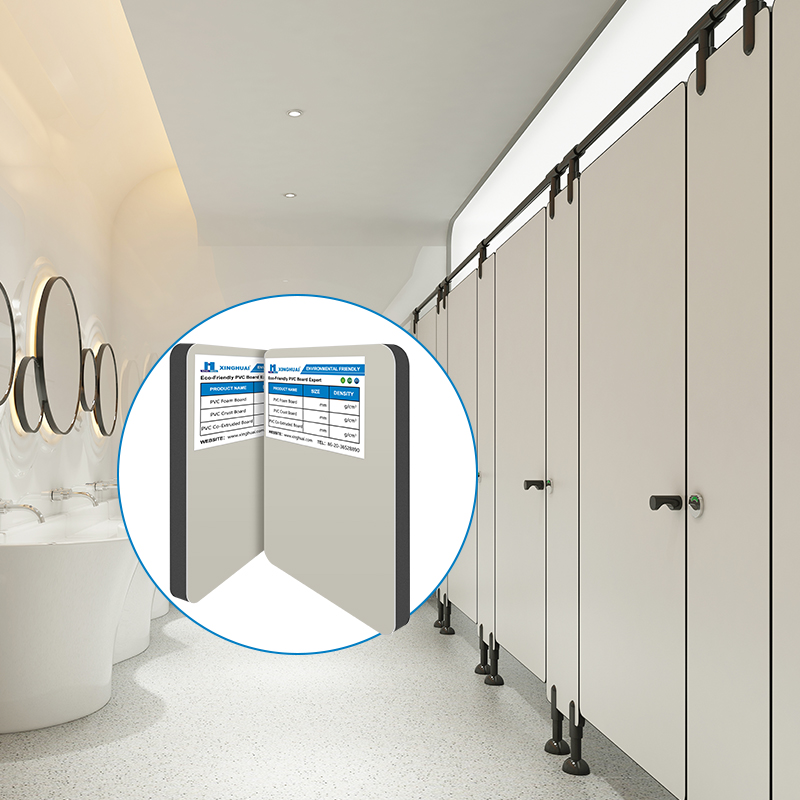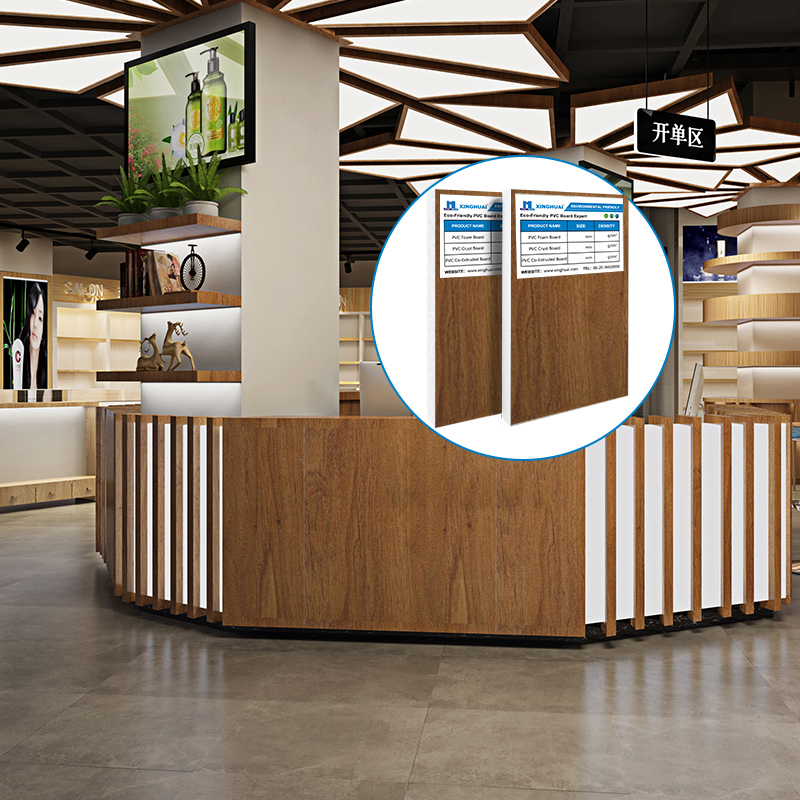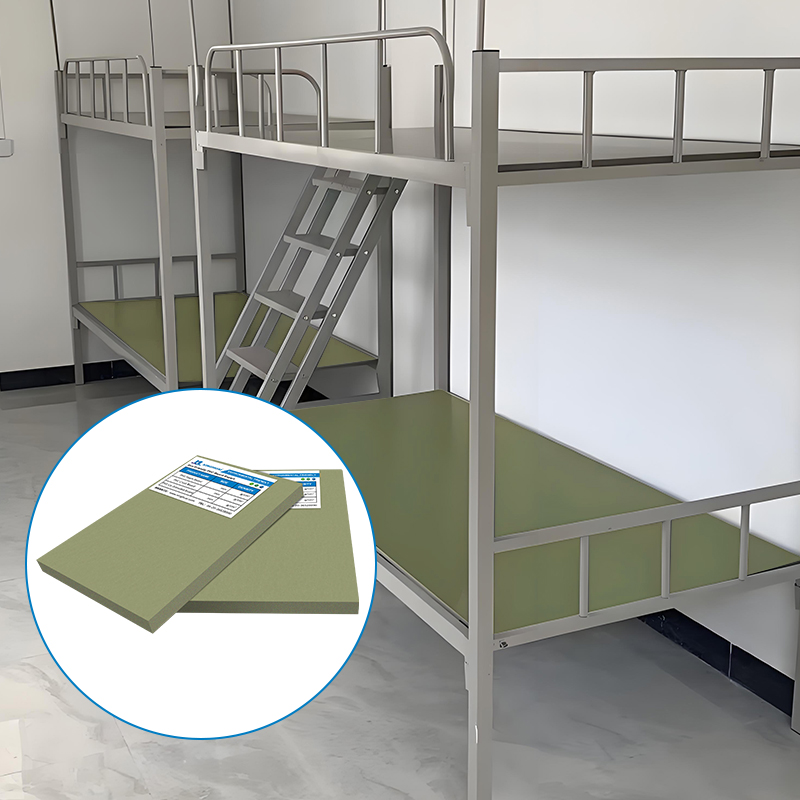PVC boards, like pvc laminated door, pvc laminated foam board, pvc installation board, laminated pvc sheet, and pvc wpc foam board, are widely used, pvc laminated foam board and their chemical corrosion resistance is a key consideration for their performance and lifespan .
Factors Influencing Resistance
Chemical Nature of PVC
PVC's molecular structure offers inherent resistance to many chemicals. However, the degree of resistance varies with the specific chemical and its concentration. Some chemicals may react with PVC, causing degradation over time.
Additives in Boards
Manufacturers add stabilizers, plasticizers, and fillers to PVC boards. Stabilizers prevent degradation from heat, light, and chemicals. Plasticizers enhance flexibility,pvc laminated foam board while fillers improve strength. The type and amount of these additives significantly affect the boards' chemical resistance.
Environmental Conditions
Temperature and chemical concentration are crucial. Higher temperatures accelerate chemical reactions, making PVC more vulnerable. Similarly,pvc installation board pvc laminated foam board higher chemical concentrations increase the corrosion rate. So, the operating environment must be considered when evaluating resistance.
Surface Characteristics
A smooth, well-finished PVC board surface is less likely to trap chemicals and is easier to clean, reducing corrosion risk. Some boards may also have protective coatings, pvc laminated foam board pvc installation board like UV-resistant or chemical-resistant layers, pvc installation board to enhance durability.
Resistance of Different PVC Boards
PVC Laminated Door
It has good resistance to common household chemicals like cleaning agents and mild acids. But strong acids, alkalis, and organic solvents can soften,pvc laminated foam board discolor, pvc installation board or peel off the PVC laminate, damaging the door.
PVC Laminated Foam Board
Generally, it shows good resistance to aqueous solutions of acids and alkalis. The foam core provides some insulation against chemical penetration, pvc laminated foam board and the PVC layers protect the surface. However, strong chemicals and organic solvents can still degrade it.
PVC Installation Board
Designed for construction, it can withstand many chemicals in such environments. It has good moisture resistance and some resistance to acids and alkalis. But it may not hold up well against industrial chemicals like oils, greases, pvc installation board and solvents, requiring additional protection.
Laminated PVC Sheet
It can be formulated for high chemical resistance. The lamination process can incorporate extra layers or coatings to enhance this property. It's often used in industries with harsh chemical exposure, pvc laminated foam board like chemical processing and pharmaceuticals.
PVC WPC Foam Board
Combining PVC and wood, its chemical resistance is affected by the wood fibers. While the PVC layers offer some protection, the wood fibers may be more susceptible to degradation. Exposure to moisture and chemicals can cause swelling or rotting of the wood, pvc laminated foam board affecting the board's structure.
Testing and Standards
To ensure quality, testing methods and standards like ASTM and ISO evaluate PVC boards' chemical resistance. These tests expose boards to chemicals for a set time and assess degradation in appearance, weight, and mechanical properties.
In summary, PVC boards' resistance to chemical corrosion varies pvc laminated foam board. While they generally resist many common chemicals, pvc installation board strong acids, alkalis, and organic solvents can pose a threat. When choosing a PVC board, pvc installation board consider the application environment and chemical exposure. Manufacturers' information and testing standards can help in making the right selection and ensuring the board's longevity and performance.




